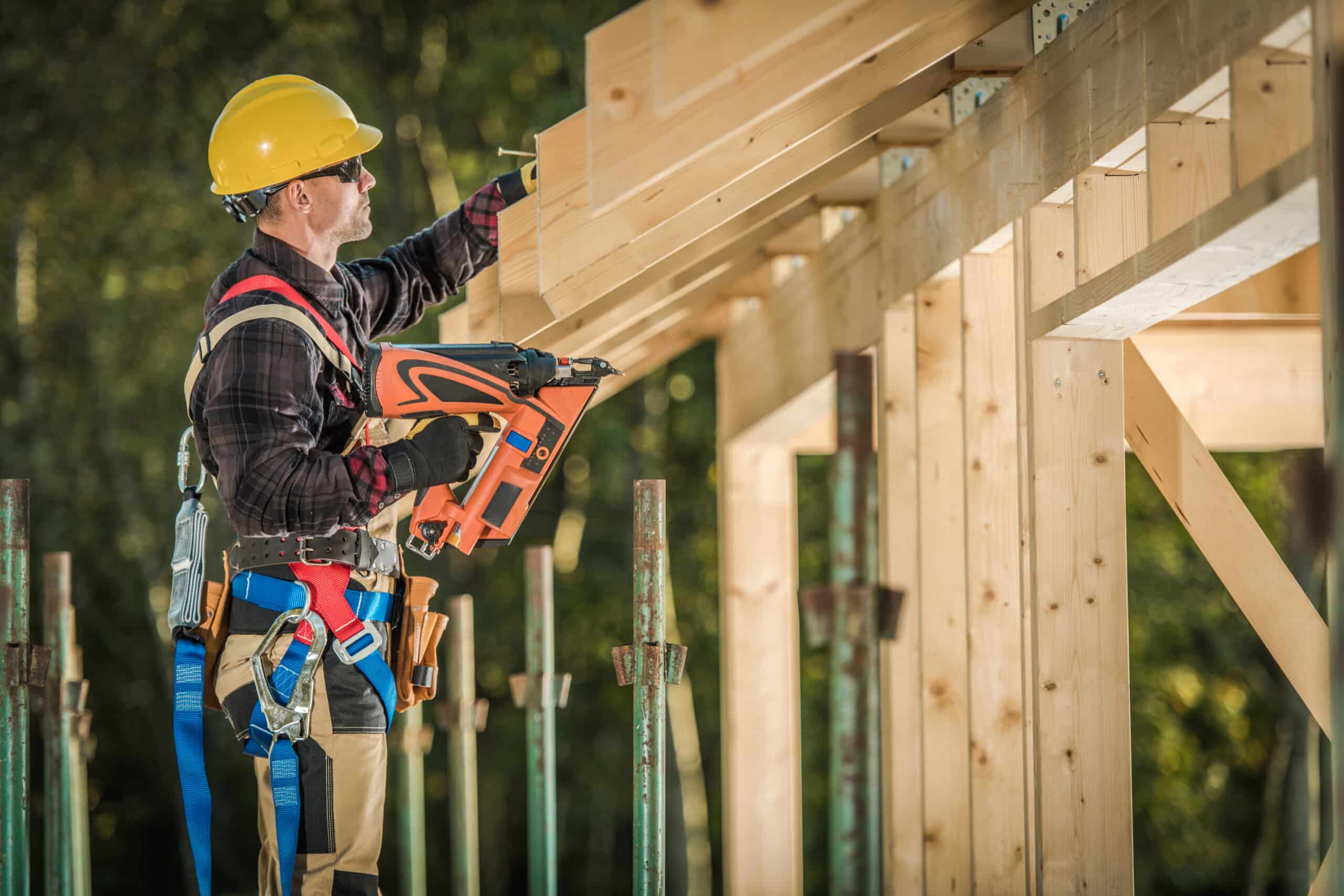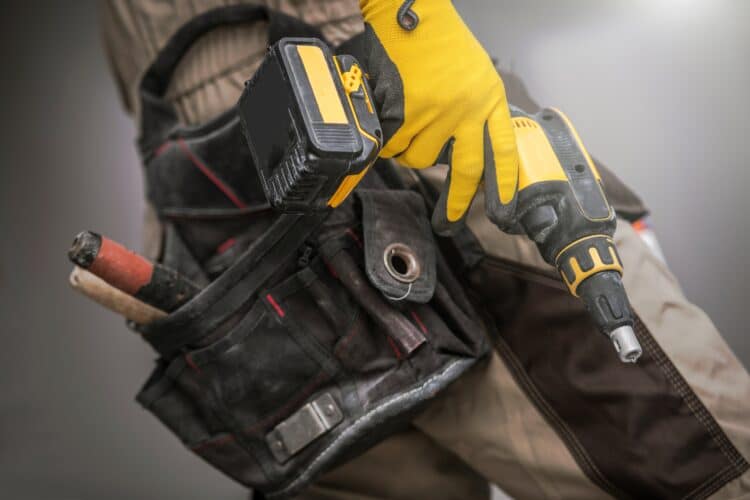Are Cordless Drills as Powerful as Corded?
Key Takeaways
- Corded drills are known for their ability to deliver high levels of power, making them ideal for heavy-duty tasks.
- Cordless drills have made significant advancements in power, thanks to improvements in battery technology and motor design.
- Cordless drills offer the advantage of portability, allowing for freedom of movement and convenience in areas with limited access to electricity.
When it comes to choosing a drill, one of the most common questions that arises is whether cordless drills can match the power of their corded counterparts. The answer to this question is not a simple yes or no, as it depends on various factors. In this article, we will delve into the comparison between cordless and corded drills to provide you with a well-rounded understanding of their power capabilities and differences.
The Power of Corded Drills
Corded drills have long been known for their ability to deliver high levels of power. With a direct power source, they can typically generate as much as around 420 inch-pounds of torque. This makes them ideal for heavy-duty tasks that require sustained power, such as drilling into tough materials like concrete or metal. The consistent power output of corded drills allows for efficient and precise drilling, making them a preferred choice for professionals.
The Advancements in Cordless Drill Technology
Over the years, cordless drills have undergone significant advancements in battery technology and motor design, which have led to notable improvements in their power capabilities. The introduction of lithium-ion batteries has revolutionized the performance of cordless drills. These batteries offer higher energy density, longer runtimes, and faster charging times compared to their predecessors. With the advancements in battery technology, cordless drills have become more powerful and can now rival corded drills in certain applications.
Cordless Drill Performance
According to the information provided, cordless drills with brushless motors can offer higher torque and longer runtime. This combination allows them to handle demanding tasks more efficiently and effectively. The brushless motor technology eliminates the need for brushes, resulting in less friction and heat generation, leading to improved performance and durability.
However, it is important to note that cordless drills may still have limitations when compared to corded drills. While they have made significant strides in power, corded drills can still have higher top speeds, particularly when drilling into concrete with a hammer drill. The sustained power levels of corded drills also tend to be higher, which makes them better suited for heavy-duty tasks that require continuous drilling.
The Portability Factor
One of the key advantages of cordless drills is their portability. They offer the freedom to move around without being tethered to a power outlet. This portability makes them highly convenient for tasks that require mobility or for working in areas with limited access to electricity. Additionally, the compact and lightweight nature of cordless drills makes them easier to handle and maneuver in tight spaces.
Conclusion
In conclusion, while cordless drills have made significant advancements in power and performance, they may not be as powerful as corded drills in all scenarios. Corded drills, with their direct power source, still hold an advantage in terms of sustained power levels and higher top speeds. However, the gap between cordless and corded drills is narrowing, especially with the advancements in lithium-ion battery technology and brushless motors. Ultimately, the choice between cordless and corded drills depends on the specific requirements of the task at hand, weighing factors such as power needs, portability, and convenience.
Related Websites:
FAQs:
Q: Are cordless drills as powerful as corded ones?
While cordless drills have become increasingly powerful over the years, they may still have limitations compared to corded drills, depending on the specific application. However, for most drilling and screwdriving tasks, cordless drills provide sufficient power and convenience.
Q: What factors affect the power of cordless drills?
Various factors influence the power of cordless drills, including voltage, battery type, size, and quality. Higher voltage generally results in increased power output. Additionally, the type and quality of battery used, such as lithium-ion batteries, can significantly impact a cordless drill’s performance.
Q: Can cordless drills handle heavy-duty applications?
For less demanding tasks, most cordless drills can easily accomplish the job. However, heavy-duty applications may still require corded drills with their consistent and high power output. It is important to consider the specific power requirements of your intended applications before choosing between cordless and corded drills.
Q: What advancements have improved the power of cordless drills?
Advancements in cordless drill technology, such as the introduction of brushless motors, have significantly increased their power and efficiency. Brushless motors offer higher power output and longer runtime. Additionally, the development of lithium-ion batteries has greatly improved the overall power capabilities and runtime of cordless drills.
Q: How do cordless drills compare to corded drills in terms of power?
Cordless drills operate on battery power, while corded drills are powered by a consistent electrical source. Corded drills generally provide higher and more consistent power levels compared to cordless drills. However, advancements in battery technology have made cordless drills more powerful than ever before, making them suitable for most drilling and screwdriving tasks.





